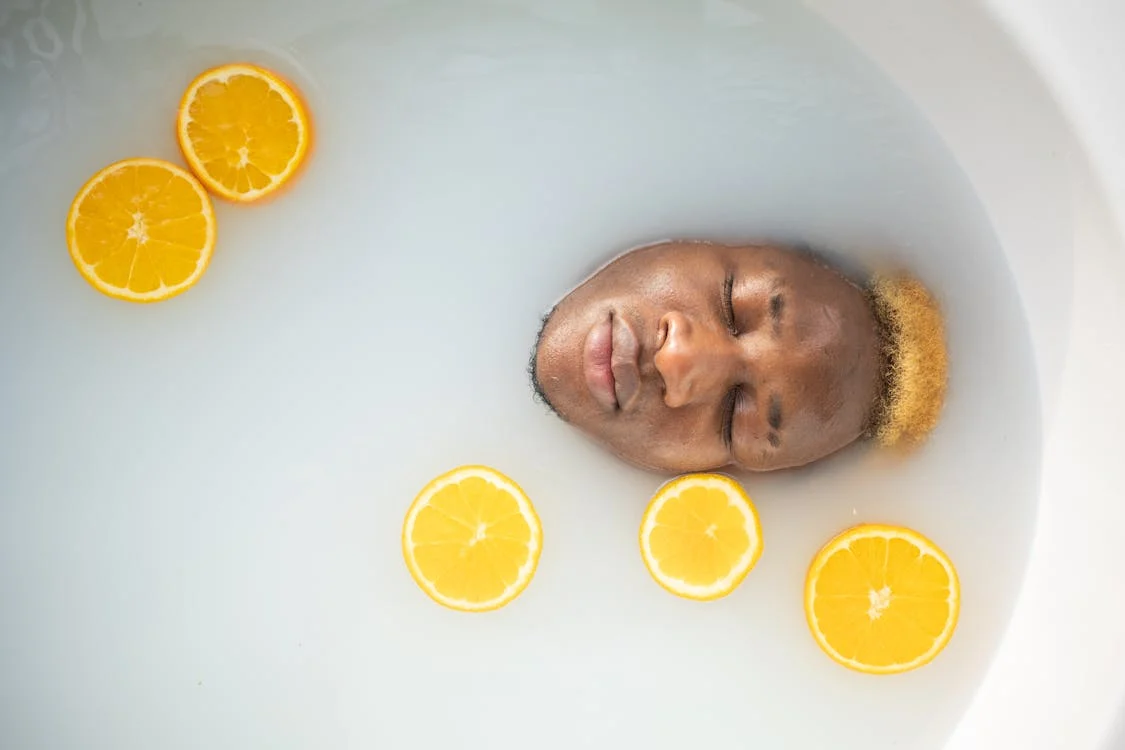 Mind
Mind
- Digital and Modern Well-being
- Mental Health and Emotional Well-being
- Mind-Body Connection and Holistic Health
- Parenting and Family
- Personal Growth and Development
- Relationships and Social Well-being
- Stress and Relaxation
- Therapeutic and Creative Practices
- Trauma and Recovery
- Work, Productivity, and Discipline
 Body
Body
 Fitness
Fitness
 Food
Food
 Beauty
Beauty
The Importance of Daily Body Hygiene Practices

Good personal hygiene is more than just a matter of cleanliness—it is a cornerstone of physical, mental, and social well-being. Daily body hygiene practices help prevent illness, promote confidence, and create a positive impression in both personal and professional settings. Understanding the role of hygiene in overall health can inspire better habits and routines for self-care.
Why Is Daily Hygiene Important?
1. Preventing Illness
Proper hygiene reduces the risk of infections and diseases by removing dirt, bacteria, and viruses from the skin.
- Regular washing eliminates harmful microorganisms that can cause illnesses like colds, flu, and skin infections.
- Oral hygiene, such as brushing and flossing, prevents gum disease, tooth decay, and systemic conditions linked to poor dental health.
2. Promoting Skin Health
Daily hygiene keeps the skin healthy and functioning as the body’s first line of defence:
- Cleansing removes oil, sweat, and pollutants that clog pores and lead to conditions like acne or irritation.
- Moisturising helps maintain the skin’s barrier and prevents dryness or cracking.
3. Boosting Confidence
Feeling clean and fresh improves self-esteem and confidence. A well-groomed appearance enhances how we present ourselves to others and how we perceive ourselves.
4. Supporting Social Interactions
Maintaining good hygiene shows respect for oneself and others. Poor hygiene can lead to unpleasant odours or visible neglect, which may create barriers in social and professional relationships.
Essential Daily Hygiene Practices
1. Showering or Bathing
- Wash the body daily to remove sweat, dirt, and bacteria.
- Pay special attention to areas prone to odour, such as underarms and feet.
- Use a gentle soap or body wash to avoid stripping natural oils.
2. Oral Care
- Brush teeth twice daily and floss at least once to remove plaque and prevent gum disease.
- Replace toothbrushes every 3–4 months.
- Use mouthwash for additional freshness and protection against bacteria.
3. Hand Hygiene
- Wash hands with soap and water frequently, especially before eating, after using the restroom, and after being in public spaces.
- Use hand sanitiser when soap and water are unavailable.
4. Hair Care
- Cleanse hair regularly to remove oil, dirt, and product buildup.
- Frequency depends on hair type—daily washing may not be necessary for all.
- Keep the scalp healthy by using appropriate shampoos and avoiding harsh treatments.
5. Nail Care
- Trim nails regularly to prevent dirt accumulation and reduce the risk of infections.
- Clean under nails and keep them smooth to avoid snagging or breaking.
6. Clothing Hygiene
- Wear fresh, clean clothes daily to avoid odours and skin irritation.
- Change undergarments daily and after exercise.
7. Foot Care
- Wash feet thoroughly and dry them well to prevent fungal infections like athlete’s foot.
- Wear breathable socks and shoes to minimise sweat and odour.
Hygiene and Mental Health
Personal hygiene also plays a vital role in mental well-being:
- Maintaining hygiene routines can reduce anxiety and provide a sense of control and accomplishment.
- Neglecting hygiene may signal underlying issues like depression or stress. Developing simple, manageable routines can help improve mental health.
Cultural and Environmental Considerations
Hygiene practices can vary depending on cultural norms and environmental conditions:
- Cultural Differences: What is considered essential hygiene in one culture may differ in another. Respect for diverse practices is key.
- Water Access: In areas with limited access to clean water, alternative methods like dry shampoos, wet wipes, and waterless hand sanitisers can help maintain hygiene.
Tips for Maintaining Consistent Hygiene Practices
- Set a Routine: Incorporate hygiene into your daily schedule, making it a habit rather than an afterthought.
- Use Suitable Products: Choose products that suit your skin type and avoid those with harsh chemicals.
- Educate Children Early: Teaching kids good hygiene habits sets them up for a lifetime of health and well-being.
- Stay Organised: Keep hygiene products like soap, toothbrushes, and clean clothes easily accessible.
- Pay Attention to Changes: If you notice unusual skin conditions, persistent odours, or other hygiene-related concerns, consult a healthcare professional.
Conclusion
Daily body hygiene is a simple yet powerful way to safeguard health, enhance confidence, and support social harmony. By prioritising cleanliness, we not only protect ourselves from illness but also foster a sense of well-being and respect for those around us. Small, consistent habits make a significant difference in maintaining a healthy and fulfilling life.
